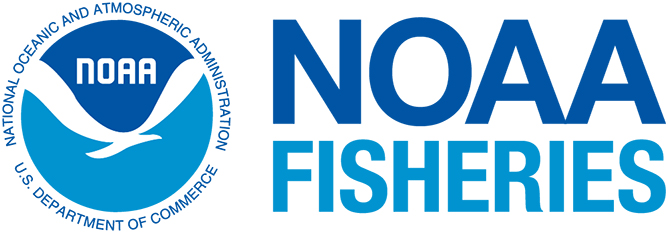NMFS has awarded 16 grants totaling more than $2.5 million as part of its Bycatch Reduction Engineering Program.
The program supports the development of technological solutions and changes in fishing practices designed to minimize bycatch and aims to to find creative approaches and strategies for reducing bycatch, seabird interactions, and post-release mortality in federally managed fisheries.
Working side-by-side with fishermen on their boats, has developed solutions to some of the top bycatch challenges facing our nation’s fisheries.
Approximately $2.5 million was available to fishermen, academics, and other interested groups for projects that offered practical engineering and technological solutions to reduce bycatch.
This year, they were seeking ideas that addressed one or more of these focus areas:
-Technological innovation: Developing effective technologies, gear modifications, and improved fishing practices in recreational and commercial fisheries to reduce bycatch impacts.
-Release or discard mortality: Understanding and reducing post-release mortality in recreational and commercial fisheries.
-Fishing gear and corals: Understanding the amount and severity of interactions, and ways to reduce harmful interactions, between fishing gears and corals, sponges, and other structure-forming invertebrates.
-International best practices: Informing conservation engineering in U.S. fisheries through analyses or research of international bycatch practices.
A full list of grant recipients can be found online.







.jpg.small.400x400.jpg)